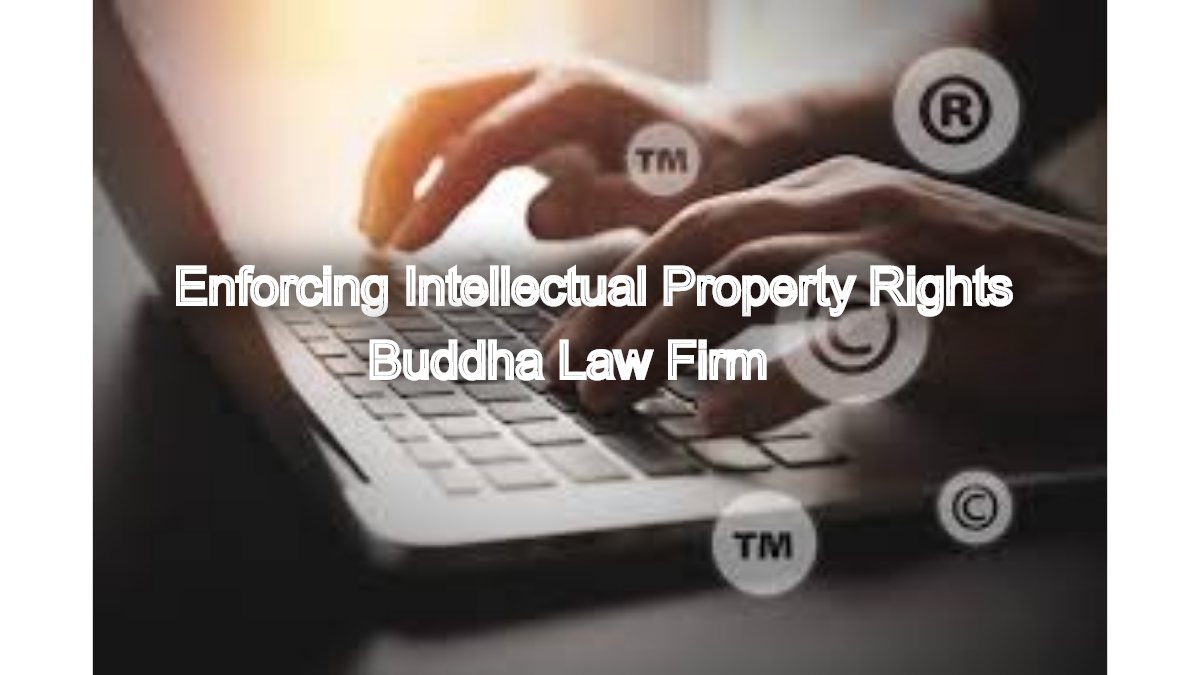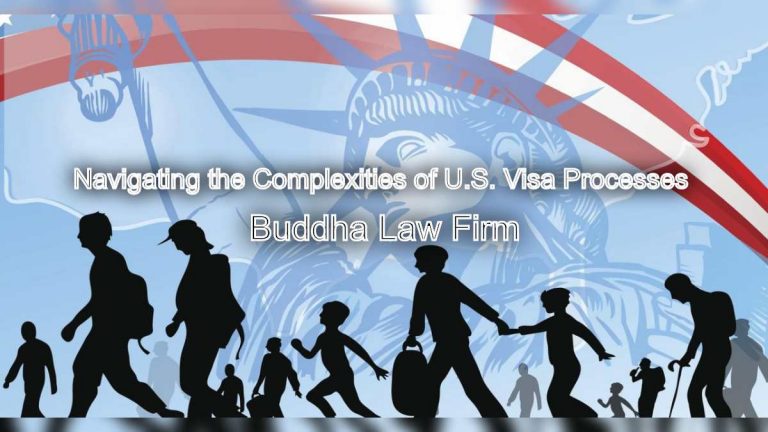Enforcing Intellectual Property Rights: Intellectual property (IP) rights are crucial assets for businesses and individuals alike. They protect creative works, inventions, and brand identities. However, IP infringement can significantly harm businesses, leading to financial losses and reputational damage. To safeguard their IP rights, businesses and individuals must understand the legal remedies available to them.
Enforcing Intellectual Property Rights: Legal Remedies for Copyright and Trademark Infringement: Buddha Law Firm
Understanding Intellectual Property Rights
Intellectual property rights encompass a broad range of legal rights that protect creative works and inventions. Two of the most common types of IP rights are copyright and trademark.
- Copyright: Copyright protects original works of authorship, such as literary, artistic, dramatic, musical, and architectural works. It grants the copyright owner exclusive rights to reproduce, distribute, perform, display, and adapt their work.
- Trademark: A trademark is a distinctive sign, symbol, or logo that identifies the goods or services of a particular business. It protects the brand identity and goodwill of a business.
The Growing Threat of IP Infringement
In today’s digital age, IP infringement has become increasingly prevalent. With the ease of sharing and distributing content online, it is easier than ever for individuals and businesses to infringe on the rights of others. This can lead to significant losses for IP owners, including lost revenue, damage to reputation, and dilution of brand value.
Legal Remedies for IP Infringement
If you believe your IP rights have been infringed, you can take legal action to protect your interests. Various legal remedies are available to enforce IP rights, including:
- Cease and Desist Letters: A cease and desist letter is a formal legal notice sent to the infringer, demanding that they stop infringing on your IP rights. It can be an effective way to resolve disputes without resorting to litigation.
- Injunctions: An injunction is a court order that prohibits the infringer from continuing to infringe on your IP rights. It can be a powerful tool to stop ongoing infringement and prevent future harm.
- Damages: If you have suffered financial losses due to IP infringement, you may be able to recover damages from the infringer. These damages can include lost profits, royalties, and other economic losses.
- Attorney’s Fees: In many cases, the prevailing party in an IP infringement lawsuit can recover their attorney’s fees from the losing party.
- Criminal Prosecution: In certain cases, IP infringement may be considered a criminal offense. If the infringement is willful and involves significant harm, the infringer may face criminal charges.
Buddha Law Firm: Your Trusted Legal Partner
Buddha Law Firm is a leading law firm in India that specializes in intellectual property law. With a team of experienced lawyers, they offer comprehensive legal services to protect your IP rights. Their services include:
- IP Registration: The firm assists clients in registering their trademarks, patents, and copyrights.
- IP Licensing: They help clients license their IP rights to others.
- IP Enforcement: The firm represents clients in IP infringement cases, including cease and desist letters, injunctions, and lawsuits.
- IP Due Diligence: They conduct thorough IP due diligence investigations to identify potential IP risks.
- IP Counseling and Advisory Services: The firm provides expert legal advice on a wide range of IP issues.
FAQs: Enforcing Intellectual Property Rights
Intellectual property refers to creations of the mind, such as inventions, literary and artistic works, designs, and symbols, signs, images, names, and words, used in commerce.
To protect your intellectual property, you can register your copyrights, trademarks, and patents. You can also take legal action against infringers.
Common types of IP infringement include copyright infringement, trademark infringement, patent infringement, and trade secret misappropriation.
If you suspect your IP rights have been infringed, you should consult with an intellectual property attorney. They can advise you on the best course of action, including sending a cease and desist letter or filing a lawsuit.
An experienced law firm can help you protect your IP rights by providing legal advice, drafting legal documents, and representing you in court. They can also help you recover damages and attorney’s fees from infringers.
Conclusion
Protecting your IP rights is essential for the success of your business. By understanding the legal remedies available to you and seeking the assistance of experienced legal professionals like Buddha Law Firm, you can effectively safeguard your IP and mitigate the risks of infringement.
Read More
- Starting a Small Business: Legal Requirements and Steps to Success
- Filing a Civil Lawsuit: Understanding Your Legal Rights and Remedies
- Business Litigation Protecting Your Company’s Interests in Legal Disputes
- Understanding Property Disputes: Legal Remedies and Conflict Resolution Strategies
- Protecting Your Intellectual Property: Trademarks, Copyrights, and Patents Explained
- Ministry of Commerce and Industry:




